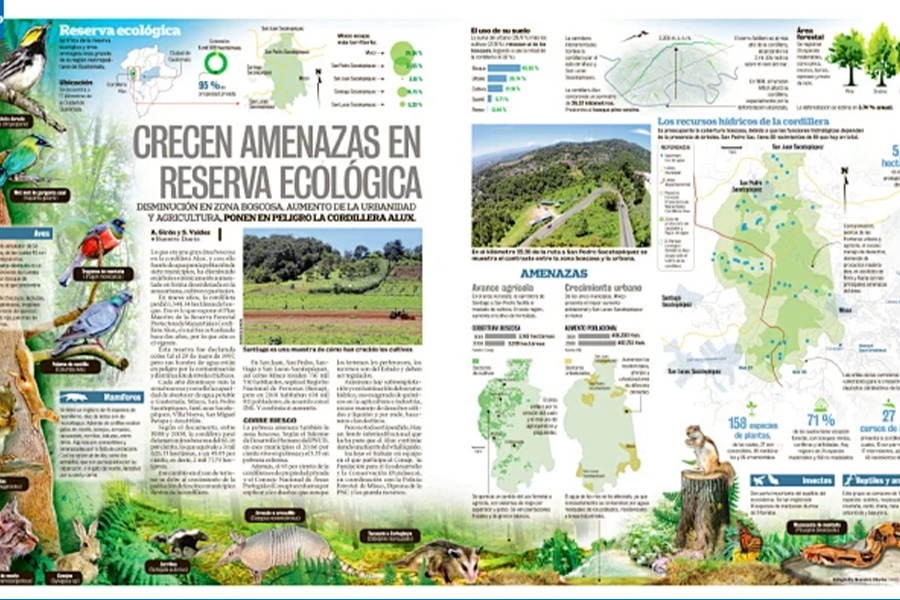Forestry, the practice of managing forests and woodland resources, is a multifaceted industry with a rich history and diverse impacts. Beyond its immediate economic contributions, forestry offers a range of benefits that extend across social, cultural, and economic landscapes. This article explores some of the key advantages of forestry, shedding light on its significance in contemporary society.

Economic Empowerment
Forestry plays a pivotal role in economic development. It provides direct employment opportunities in sectors such as timber harvesting, processing, and related manufacturing industries. These jobs often serve as a cornerstone of rural economies, supporting families and communities in regions where other employment options may be limited. Additionally, forestry contributes to export earnings and domestic markets through the production of forest products like lumber, paper, and pulp, which are essential for construction, packaging, and numerous other industries.
Cultural Preservation and Tourism
Forests are often repositories of cultural heritage and historical significance. They serve as sacred sites for many indigenous and local communities, who have developed deep spiritual and practical connections with the forest landscape. Forestry practices that respect and incorporate these cultural values can help preserve traditional knowledge and practices, fostering a sense of identity and belonging. Furthermore, forests attract tourists, who are drawn to their natural beauty and recreational opportunities. This tourism can generate revenue, create jobs, and promote cultural exchange, enriching both local economies and visitor experiences.
Recreation and Leisure
Forests offer valuable recreational spaces that enhance quality of life and promote physical health. Hiking, camping, bird watching, and other outdoor activities in forest settings provide opportunities for exercise, relaxation, and connection with nature. These activities can reduce stress, improve mental well-being, and foster a sense of community among participants. Forestry practices that maintain and enhance recreational infrastructure, such as trails and campsites, can support the growth of outdoor recreation industries, further contributing to economic vitality.
Educational and Research Opportunities
Forests serve as living laboratories for education and research. They provide unique environments for studying ecology, biology, geology, and other natural sciences. Educational institutions often utilize forests for field trips, internships, and research projects, offering students hands-on learning experiences that complement classroom instruction. Forestry professionals and researchers collaborate to develop sustainable management practices, monitor forest health, and address emerging challenges, such as invasive species and climate change. These efforts contribute to the body of knowledge that guides forest management decisions and supports informed policy-making.
Infrastructure and Resource Management
Forests play a critical role in infrastructure development and resource management. Timber and other forest products are essential for constructing homes, buildings, and infrastructure such as roads and bridges. Forestry practices that prioritize sustainable harvesting and reforestation ensure a continuous supply of these resources, supporting economic growth and community development. Additionally, forests contribute to water management by regulating runoff, filtering pollutants, and providing habitat for aquatic species. Proper forest management can help mitigate the impacts of natural disasters, such as floods and landslides, protecting human lives and property.
Conclusion
Forestry is a dynamic and multifaceted industry that offers a wide array of benefits. From economic empowerment and cultural preservation to recreation and education, forestry plays a vital role in shaping contemporary society. As the world faces increasing challenges related to resource scarcity, climate change, and social inequality, the importance of sustainable forestry practices becomes ever more apparent. By harnessing the full potential of forestry while addressing its challenges, we can ensure that this industry continues to contribute positively to the well-being of people and planet.

 Return
Return


